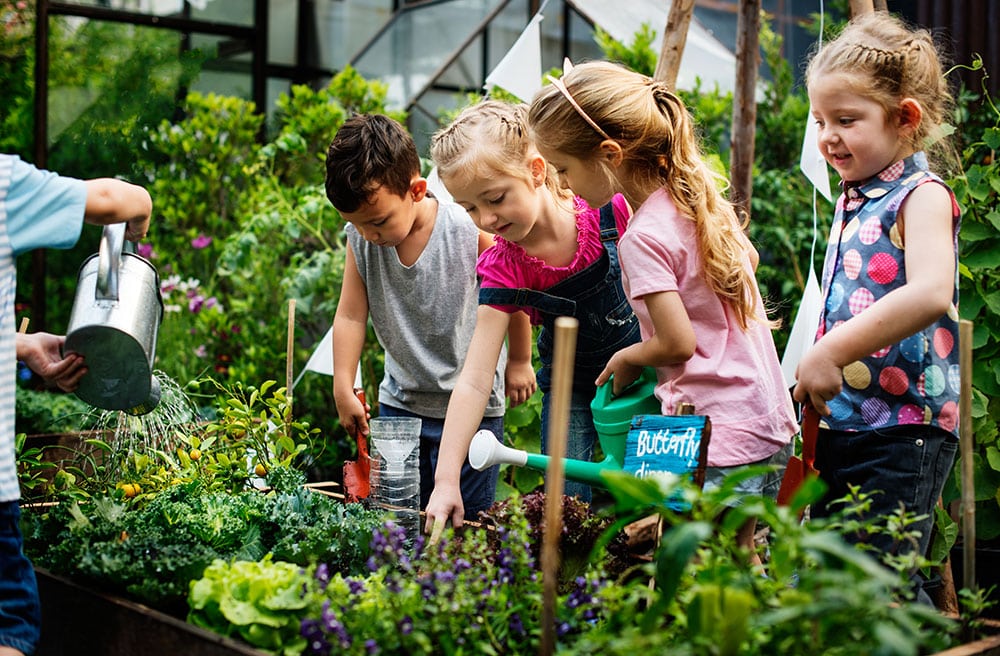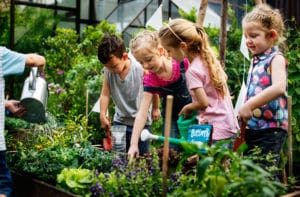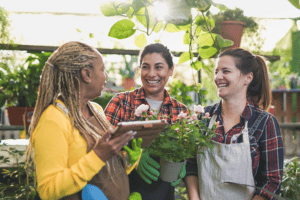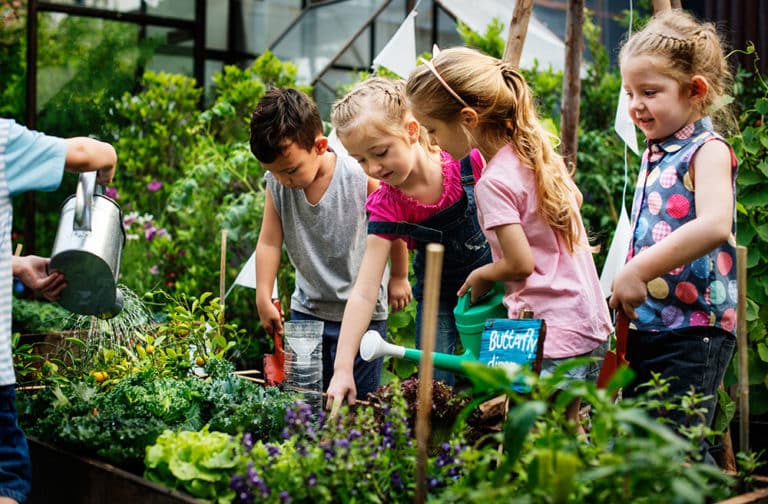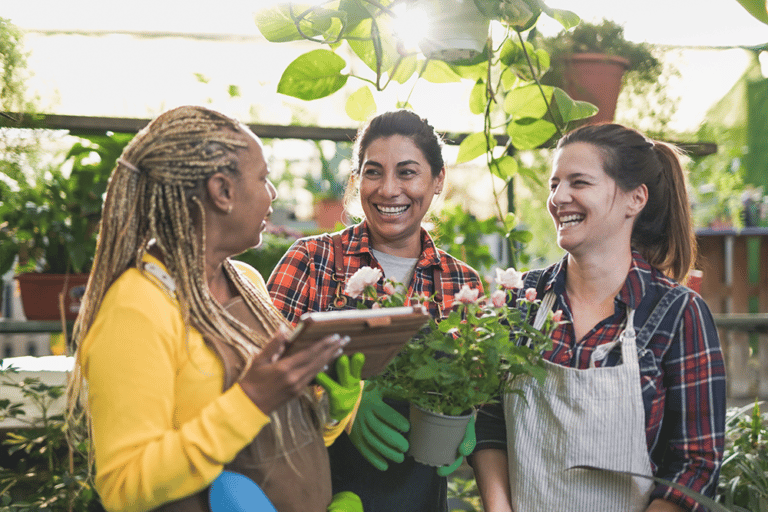Compost: Compost is a mixture of plant fertilizer and soil improver ingredients. It is commonly prepared by decomposing plants and food waste and recycling organic materials and manure.
Dig: Break up, move earth with a tool or machine, or with hands, paws, snout, action to move earth with a tool or machine.
Conifers: are a group of trees and shrubs that grow in cooler areas of the world, such as pine trees and fir trees. They have fruit called cones and fragile leaves called needles, which they do not usually lose in winter.
Ferns: any seedless, non-flowering vascular plant of the class Filicinae, that is typically found in tropical to temperate regions. This type of plant has true roots that grow from a rhizome, leaflets that uncoil upward, and branched vein systems.
Flowering: shrubs, trees, or plants produce noticeable flowers.
Fruit: Fruit is grown on trees and bushes and contains seeds or a stone surrounded by a nutritious substance that you can eat.
Garden: is an area of land close to the house that is used to grow plants and often grass. A garden, on the other hand, refers only to land for flowers or vegetable
Germination: a reaction that makes seed to cause to grow, to sprout, bringing about new growth or development
Grow: When people, animals, and plants grow up, they increase in size and change physically over some time
Leaves: The leaves of a tree or plant are the flat, thin, usually green parts that are usually lost in the winter and grown back in the spring.
Mosses: Moss is a small, soft green plant that grows on damp soil or on wood or stone.
Photosynthesis: photosynthesis is the phenomenon by which green plants make their food from sunlight
roots: is that part of a plant that is usually underground. It is responsible for anchoring the plant and absorbing water and dissolved nutrients.
Soil: garden soil is topsoil that has been enriched to make it better suited for plant growth. Amendments may include compost or other organic matter, and some soils may contain manure.
Sprout: to grow, spring up, or come forth stem
sunlight: Direct light is the most intense light that indoor spaces receive and will expose plants to the sun’s rays. Most common houseplants
